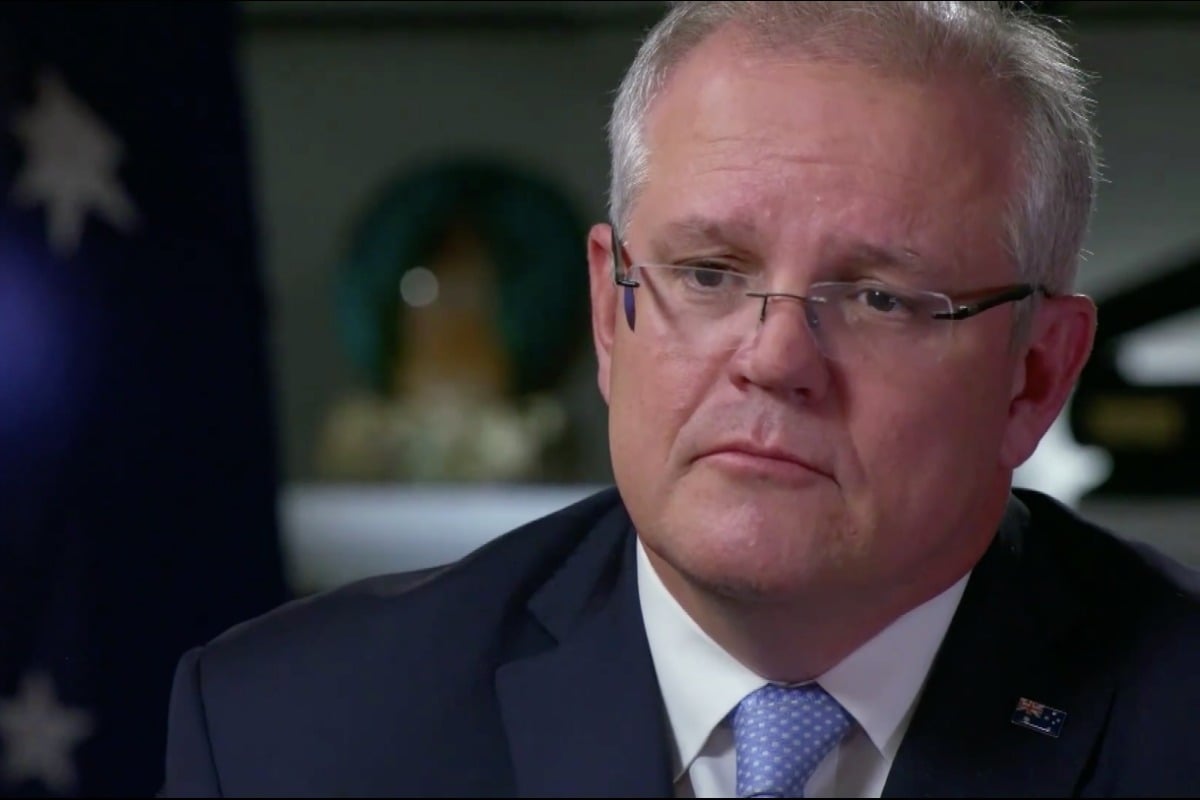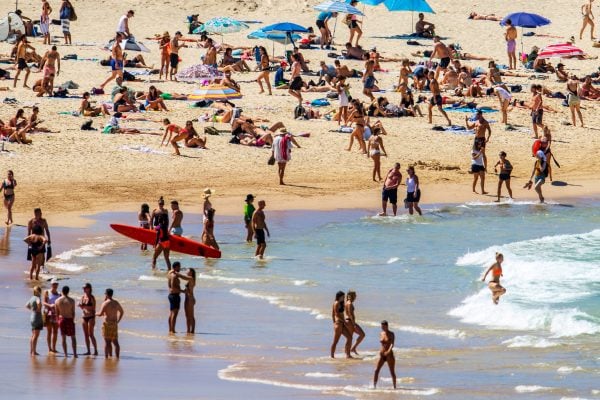
On Sunday night, Prime Minister Scott Morrison appeared on 60 Minutes to discuss the coronavirus pandemic.
The virus, which as of Sunday has claimed the lives of seven Australians and infected 1286 nationwide, has caused disarray and anxiety for many.
As we all know, certain people have been asked to work from home to avoid the risk of community transmission, Australians returning from overseas have been asked to self-isolate for 14 days on arrival and Australian states are closing their borders.
There are fears Australia’s incidence of coronavirus is set to match China or Italy’s steep incline of cases; so why aren’t we in total lockdown? Scott Morrison told 60 Minutes‘ Tara Brown that “our situation here in Australia is different”.
“Our health system is different. The age of our population is different. And the way life is lived is very different,” said Morrison.
“On top of that, our rate of testing is one of the highest in the world. We have had 90 per cent negative test rate. That’s one of the highest.”
Italy has been shut down, with just the bare essential stores remaining open (supermarkets, pharmacies), and many have called for the same to happen in Australia, with the hashtag #lockusdown trending in Australia last week and tonight, #stayhomesavelives.
Indeed, some Australians understand the health crisis at hand, however, images of a crowded Bondi Beach on Saturday, March 21, suggest not everyone feels as strongly about the idea of self-isolating or self-distancing.


Top Comments
Our healthcare system shares major similarities with Italy and Great Britain. Not sure what ScoMo thinks the fundamental differences are that will somehow prevent Australia's system from completely imploding.
This article reminds me of the one published on the 23 January on Mamamia which discussed the Coronavirus. At that time, the Australian authorities, including the Chief Medical Officer made statements that it was unlikely Australia would be affected and if so, we were prepared. My comments disagreed with their laissez faire attitude to the Coronavirus threat and were rubbished by fellow Mamamia readers. Seems my gloomy predictions and scepticism were not mis-placed.